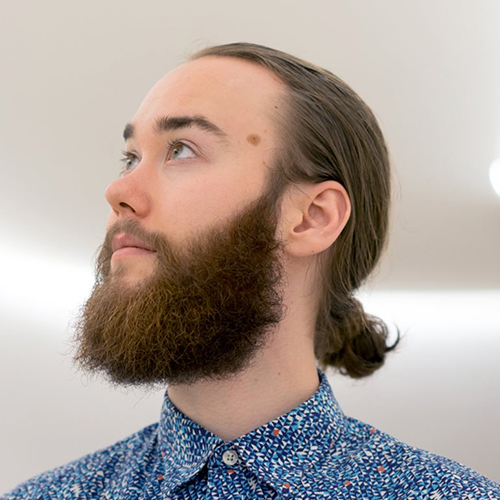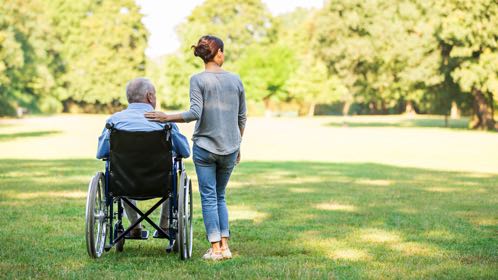How Quitting Social Media Has Helped My Mental Health

For the past few years, my New Year’s resolutions have been much more intentional and thorough. As 2018 drew to a close, I had an important insight. I wanted completely off social media.
I journaled to ask myself where my time, attention, and energy were going. I realized that the benefits of social media fell far below the costs.
Social media can be good. It can inform you of important news and help you to keep up with people you love or admire. But social media was making me distracted and anxious. For me, social media feeds created a fear of missing out. I sometimes forgot to eat or meditate.
I was also disturbed by the actions of social media companies. I worried that they weren’t concerned about users’ privacy or the rampant hate speech and harassment that plagues certain platforms.
I’d already partially restricted my social media use in the past. This time I decided to go all the way and deactivate all of my accounts at the beginning of 2019. I was glad I did.
What I learned by quitting social media
I made several realizations when I quit social media.
I was hooked
Once I quit, I could see just how addicted I was and how much of a deeply ingrained habit it had become. I realized that I checked social media sites every 15 minutes. I scanned headlines without actually reading articles or reflecting on the news. I searched for nothing in particular, other than the gratification of an interesting post or notification. I was obsessed by notifications.
Social media was eating up my time
As I let go and held strong, I was blown away by the amount of extra time and energy I unlocked throughout the day. I realized I was spending a lot of time on social media. This became even more evident when paired with my resolution to tap into my creative expression and make music every day of 2019 (something I’d only achieved around 20 times the previous year).
Without social media, I was more productive and brought back former healthy habits. I read more and learned a lot. I made music every day. I found time to attend more events and even hosted some of my own. I met new people.
I wasn’t focusing on the most important people in my life
Some social media noise can be good. It informs you of important news, keeps you involved with the people you love or admire, and involves you in conversations and initiatives that matter to you. All of this can make it feel like you’re connecting. But are you? How deeply?
Social media connected me to a wider range of people. But it may also have kept me from putting in the effort to maintain my few deep connections in real life.
Social media wasn’t helping with depression
I believe that depression and anxiety can cause problems by pulling your mind out of the present and into the past or future. Social media similarly pulled my attention in a million directions all around the world, in real time.
It’s not surprising if you forget to eat or meditate. Sophisticated social media engineering can make it seem like you need to know and be involved.
I was able to stay on top of my mental health toolkit once I was off of social media. My mental health improved. I had less stress, lower levels of anxiety, and no extra noise in my life.
Going all the way made all the difference
Deactivating my social media accounts helped me to fully disengage and reclaim time and attention throughout the day. The restricting apps and other techniques I’d used in the past didn’t have the same effect. It also allowed me to understand my relationship with social media and how to change it for the better moving forward.
I’m grateful that I did my social media sabbatical. It helped me reestablish great old habits and develop new ones. That helps ensure I manage myself better as I go back to (some) of my accounts.
It’s important to recognize when you might need to give yourself more time and space to reorganize your life and manage your mental health. You might want to simply consciously cut back. Or you may realize you don’t want to use social media at all, especially if you feel it’s unhealthy for you. You may be surprised at how you feel and what you accomplish without it.
For more information on how to manage depression, reach out to your doctor or healthcare team.












